
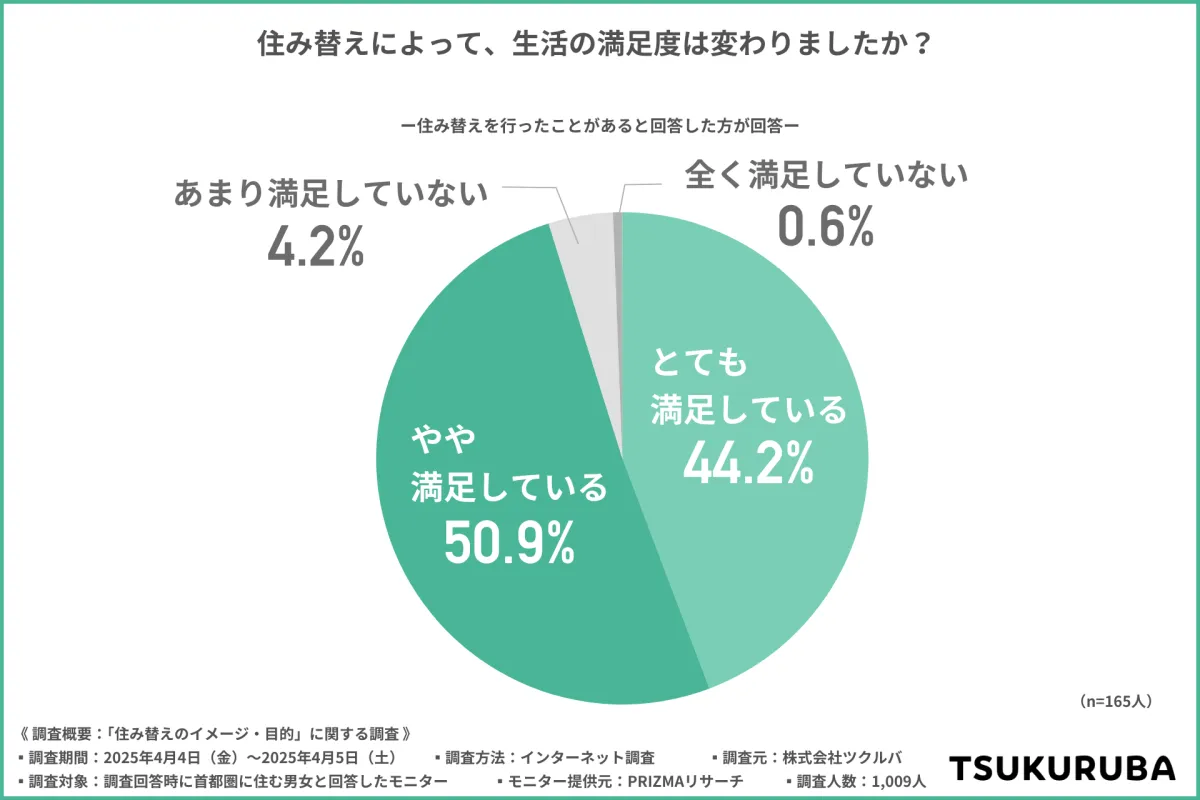
Is Moving to a New Home the Key to a Better Quality of Life?
The Impact of Relocation on Life Quality: Insights from a Recent Study
Relocation is a significant life decision that can impact various aspects of daily living. Recent research conducted by Tsukuruba, a company specializing in the circulation of second-hand and renovated homes through the platform cowcamo, highlights interesting insights on the perception and experience of moving. The survey, targeting 1,009 homeowners in the Tokyo metropolitan area, sought to understand the motivations, experiences, and satisfaction levels associated with home relocation.
Study Overview
The study, conducted from April 4 to April 5, 2025, utilized internet sampling conducted by PRIZMA. It focused on individuals living in the Tokyo area who own their homes. Key areas of exploration included the general awareness of relocation, the perceived benefits and challenges, and the levels of satisfaction post-move.
Awareness of Relocation
Findings revealed that about 80% of respondents were at least somewhat familiar with the term 'relocation'—with 36.2% stating they knew it well. This high level of awareness may stem from changing family dynamics and evolving work styles, leading many to reconsider their living arrangements. However, less than 40% expressed solid knowledge or experience, highlighting a gap between familiarity and practical understanding.
Positive and Cautious Perceptions
When asked about their perceptions of relocation, respondents showed a split perspective: 34.4% believed it could optimize their living conditions according to life stages, while 30.2% felt it posed significant financial burdens and potential stress from the associated logistics. This indicates a recognition of the benefits of moving, juxtaposed with valid concerns about cost and effort, revealing a nuanced view of relocation.
Relocation Experience
Interestingly, around 80% of individuals had never experienced a move. Out of those surveyed, only 16.4% reported they had moved before, with an additional 8.1% considering it but not yet having taken action. This disparity suggests that while a significant portion of the population expresses interest in relocating, many hesitate to act due to various concerns.
Reasons for Inactivity
When exploring the reasons for not relocating, the most common responses included being content with their current living situation (46.8%) and worries regarding mortgages and financial planning (33.2%). These findings underscore the need for more accessible information and support surrounding relocation processes for potential movers.
Satisfaction Post-Move
For those who have relocated, the satisfaction rates are notably high, with over 90% indicating they felt their needs were met following the move. Many stated that changes in family dynamics and improved commutes were primary motivators for relocating.
Moreover, an astounding 57% of respondents confirmed they had fully achieved their objectives for moving, while 39.4% felt they made considerable strides towards those goals. This indicates that relocating can be a valid and effective way to enhance one’s quality of life, moving beyond simple changes in geographical location to achieving a fulfilling lifestyle.
Unexpected Benefits
Participants who had relocated reported several unexpected positive changes in their lives, including improved family relationships, better access to commuting options, and enhanced quality of life. Additionally, while concerns about the financial implications of moving were expressed, most respondents reported an increase in overall asset quality post-move.
It appears that apprehensions about financial detriment are more perception than reality, as many found their financial situations improved or remained stable.
Conclusion: Bridging the Gap
The survey conducted by Tsukuruba shines a light on the complex relationship between relocation and life quality. While awareness of relocation is significant, actual engagement remains low, largely due to satisfaction with existing frameworks and the perceived hurdles of logistics and finances. On the other hand, those who took the leap found great benefits in their moves, leading to higher satisfaction levels and improved life quality. Thus, promoting more transparent, accessible information about the relocation process could help others explore this potential pathway to a happier life.
By redefining relocation as a practical approach to lifestyle enhancement rather than merely a significant life change, society might take a step closer to greater overall satisfaction in housing and living environments.
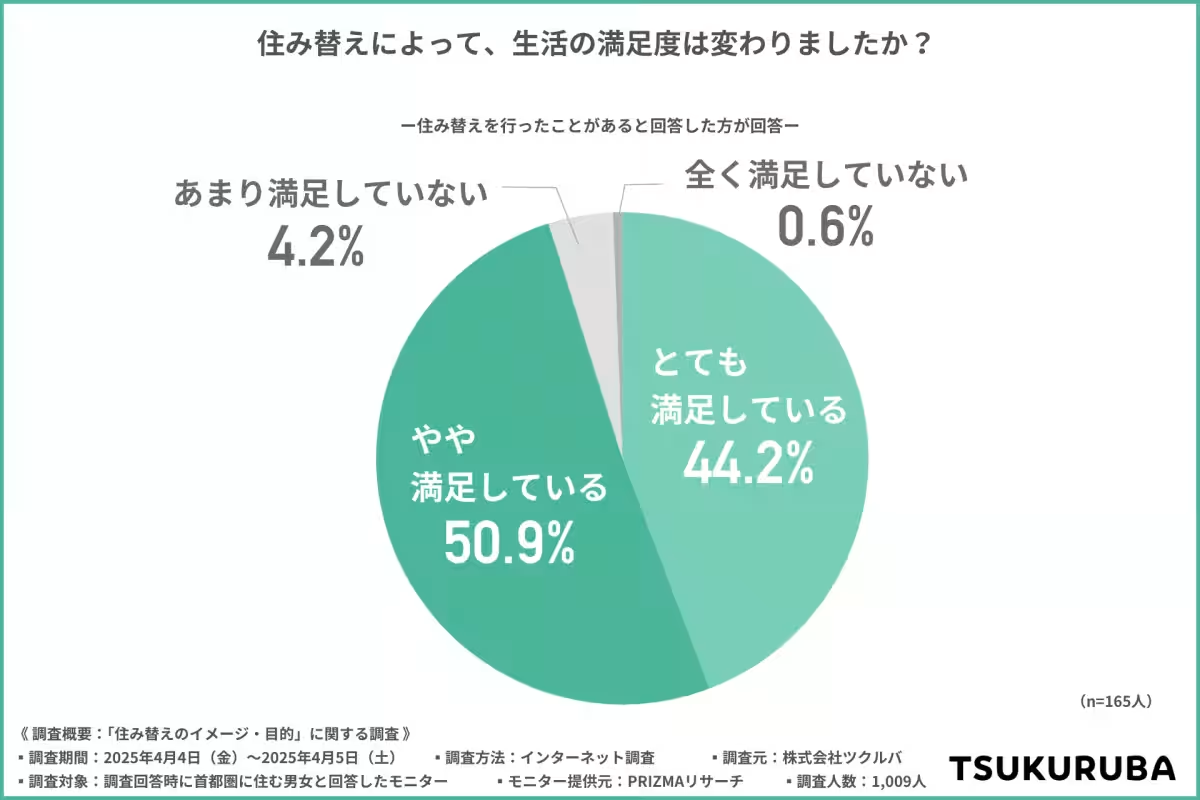
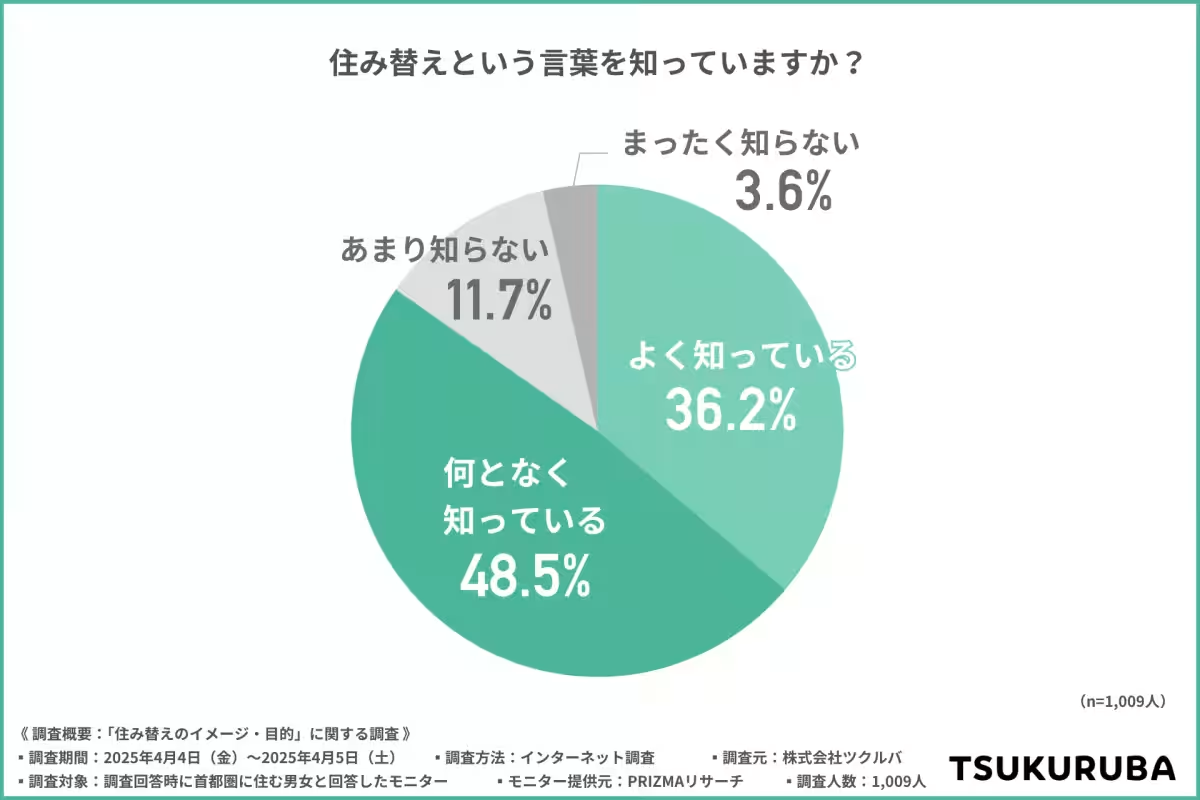
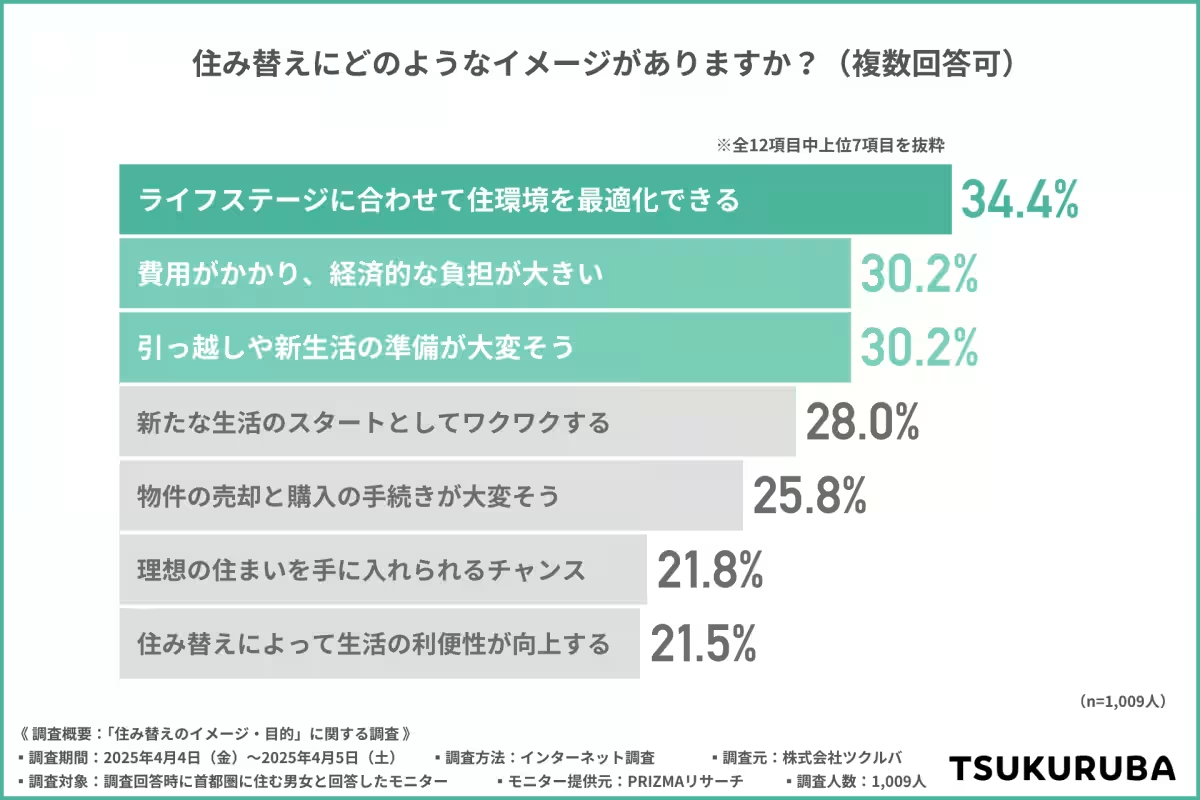

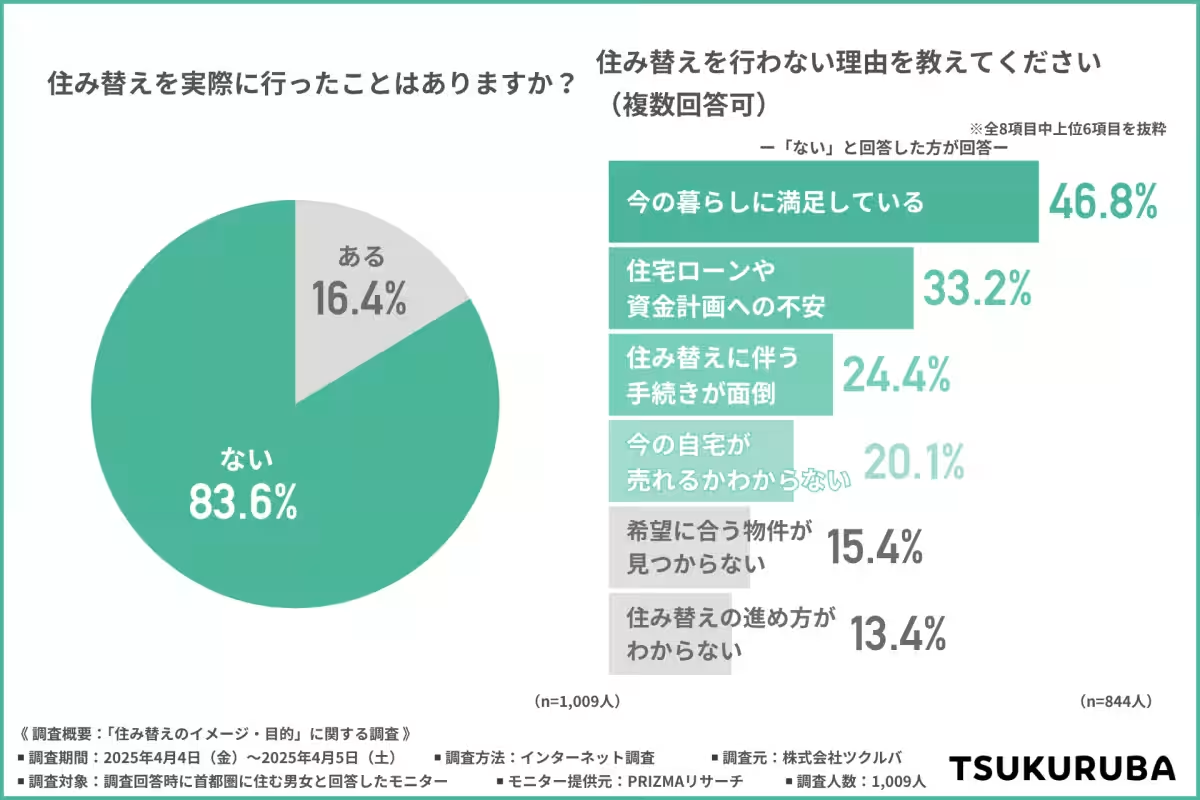
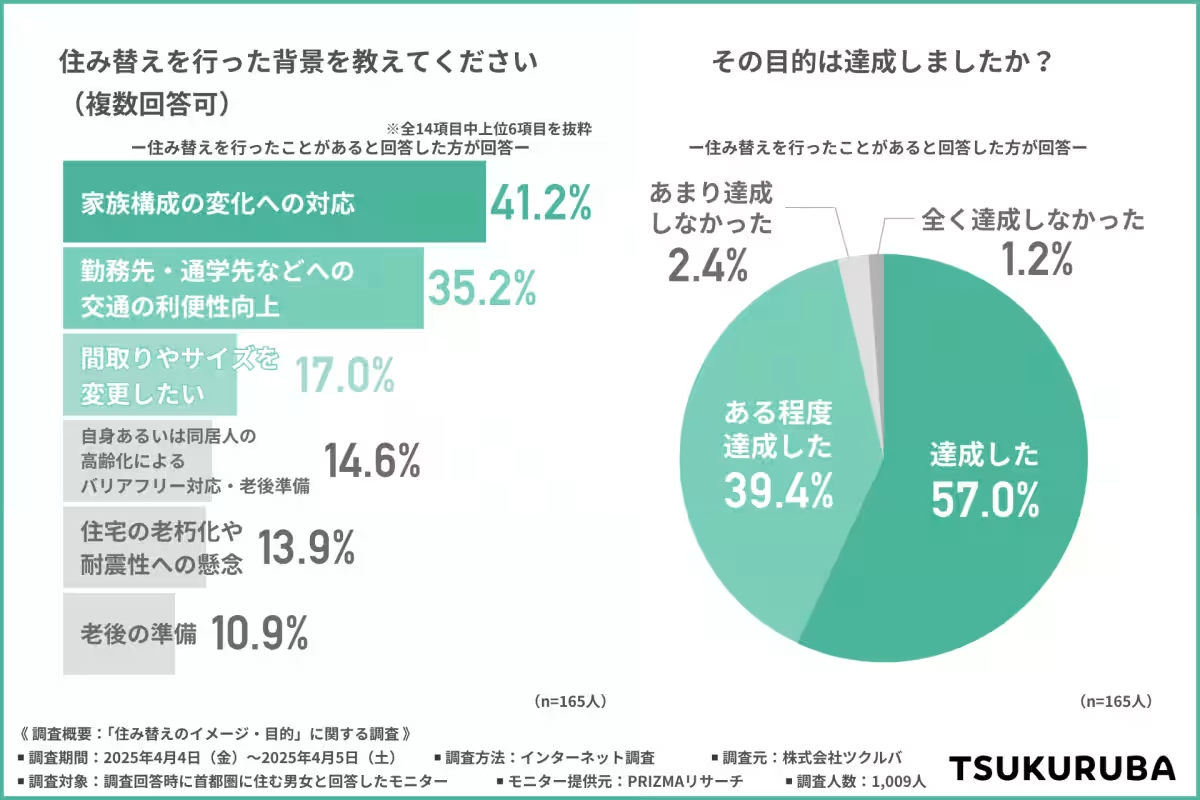
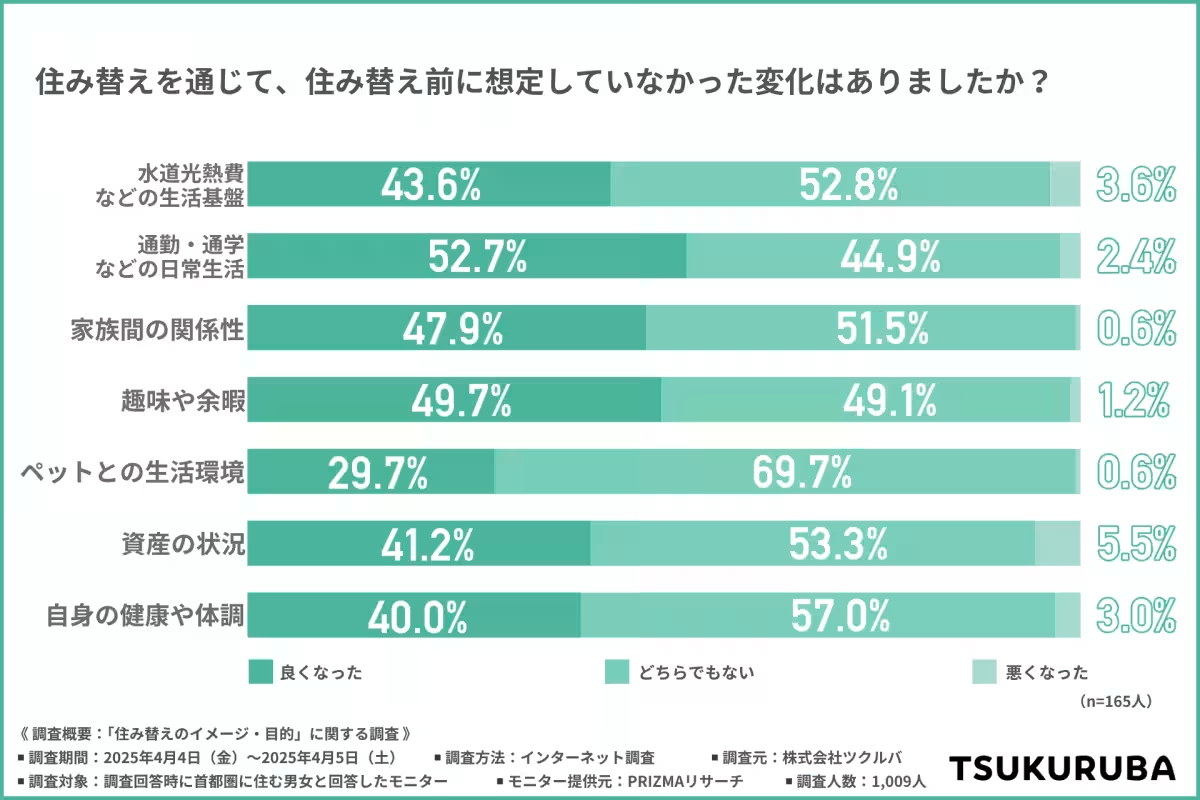
Topics Consumer Products & Retail)










【About Using Articles】
You can freely use the title and article content by linking to the page where the article is posted.
※ Images cannot be used.
【About Links】
Links are free to use.